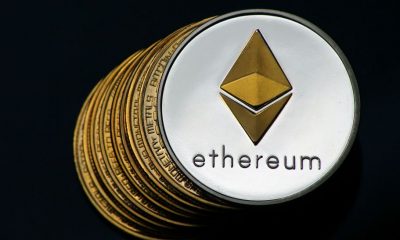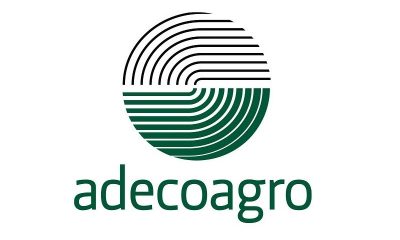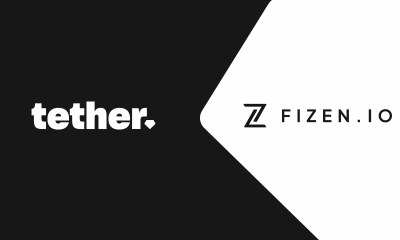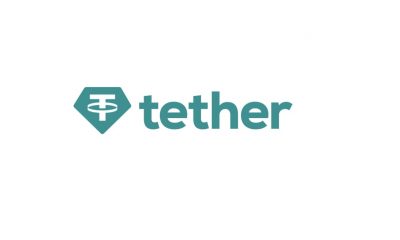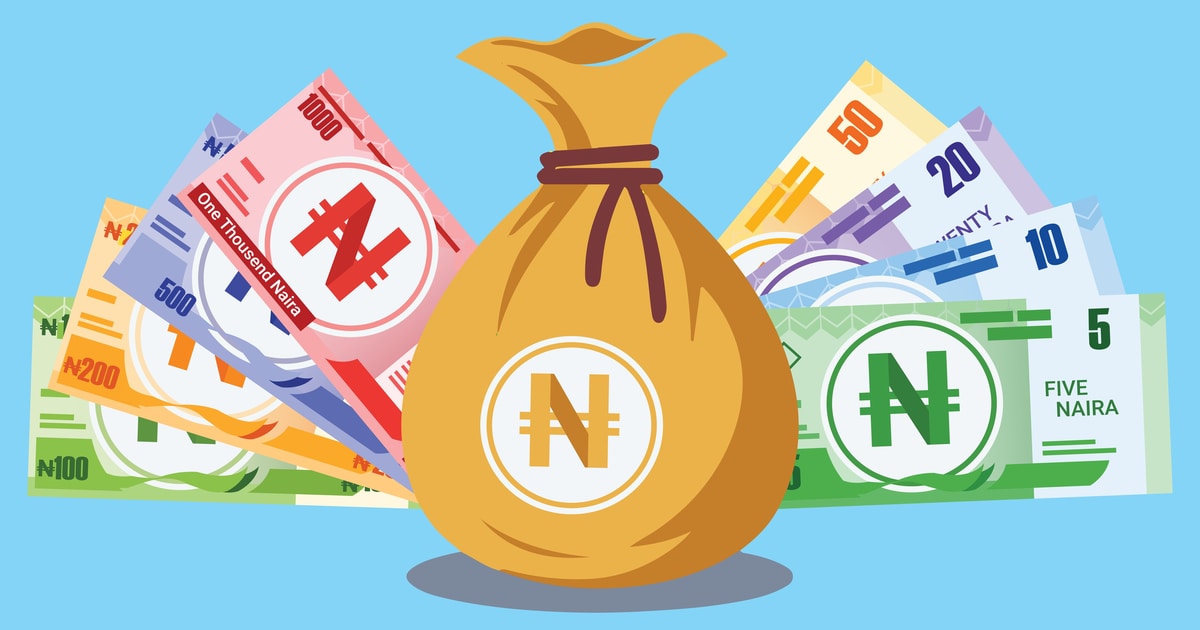Economy
Exchange Ethereum (ETH) to Tether TRC20 (USDT)
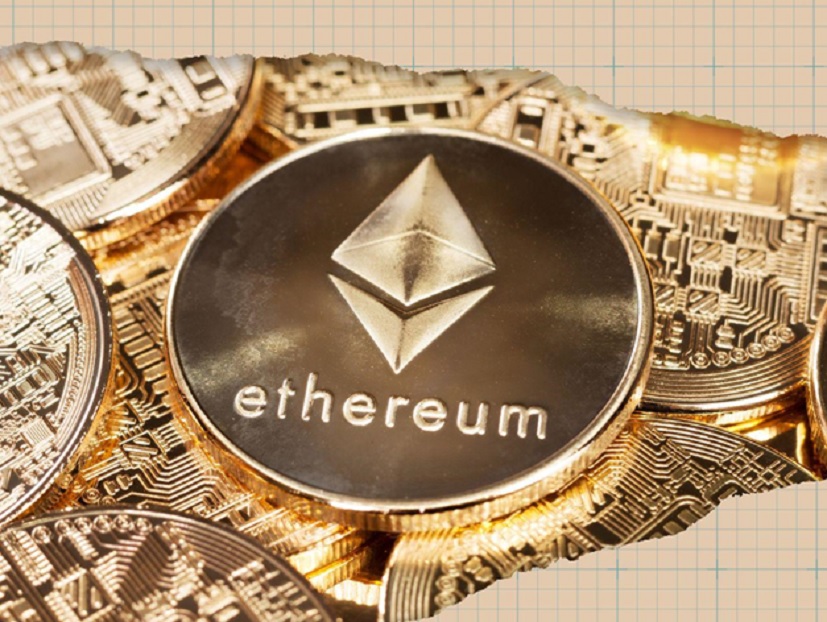
Crypto conversion may be required for diverse causes. Any user wants to do it fast and profitably. In this circumstance, you can use different ways. Using individuals is operated caustically since it does not ensure security at all. There are many scammers on the Internet, so you can lose your funds in a few minutes.
You can use crypto exchanges or exchangers to profitably swap Ether cryptocurrency to Tether USDT stablecoin in TRC-20 network. Both choices are quite trustworthy, so the user can be certain of the security of transactions. Nevertheless, there are distinctions between them.
How is a crypto exchange distinct from an exchanger?
If you swap Ethereum to Tether TRC20, you must select a more profitable key. Not all users manage to fill out a charge correctly on exchanges, so you need to wait until you come across a promising deal. This may take several days, but you can wait if conditions allow. In this case, although longer, the user can swap crypto at the rate he prefers. Transactions should not be anonymous, and signup and confirmation should be required.
You won’t have to search for swap services for a long time. Just go to www.bestchange.com/ethereum-to-tether-trc20.html. Here, you can select an exchanger to exchange Ethereum (ETH) to Tether TRC20 (USDT). Such services have the next benefits:
1. To purchase Ethereum (Ether) cryptocurrency, you do not need to study the intricacies of trading. The interface is easy: the user chooses the exchange direction and enters the needed amount.
2. When selling and purchasing, the user uses his own crypto wallet; it does not require to transfer funds to the service. In this case, he can be sure that they will not fade.
3. The exchangers present several exchange directions at once, and the user can pick just the one requires.
A tremendous benefit is the lack of registration and identity validation with documents. This permits you to save time and keep the anonymity of transactions. In addition, there are no extra payments in the exchangers. The principal commission is already included in the exchange rate. There is also an option to acquire extra bonuses for regular cooperation.
How to convert cryptos?
The process is very fast. Just go to Bestchange, where the rating of confirmed exchangers is shown. Next, choose the proper service and click on its name to go to the official website. Be sure to read the terms of service. After that, the user fills out an application with the swap direction, amount, and crypto wallet number. The application is sent for validation; the user contacts the service representative to obtain payment details. It must be satisfied within a certain period; otherwise, the application will be canceled. Next, you need to wait until the crypto arrives in the wallet. For all questions, you can reach technical support around the clock.
Economy
Brent Climbs to $71 on Fears of US Military Action Against Iran

By Adedapo Adesanya
The price of Brent crude oil grade went up by 0.14 per cent or 10 cents to $71.76 per barrel on Friday as investors worried about US military action against Iran, as President Donald Trump presses the Islamic Republic to halt nuclear weapon development.
However, the US West Texas Intermediate (WTI) crude oil grade finished at $66.39 a barrel after going down by 4 cents or 0.06 per cent.
The market awaited developments in the struggle between Iran and the US after President Trump said, “We have to make a meaningful deal, otherwise bad things happen,” referring to Iran.
The main concern for the crude oil market is that military activity will lead to a supply disruption if Iran decides to block shipping in the Strait of Hormuz. About 20 per cent of the world’s oil consumption passes through that waterway. Conflict in the area could limit oil entering the global market and push up prices.
There is the fear that a potential US military campaign in Iran could disrupt shipping in the Middle East are also adding upward pressure on supertanker rates.
Traders and investors ramped up purchases of call options on Brent crude in recent days, betting on higher prices.
Also supporting oil were reports of falling crude stocks and limited exports in the world’s biggest oil-producing and exporting countries. US crude inventories dropped by 9 million barrels as refining utilisation and exports climbed, an Energy Information Administration (EIA) report showed on Thursday.
Markets were also considering the impact of ample supply, with talks of the Organisation of the Petroleum Exporting Countries and its allies (OPEC+) leaning towards a resumption in oil output increases from April.
Eight OPEC+ producers – Saudi Arabia, Russia, the United Arab Emirates, Kazakhstan, Kuwait, Iraq, Algeria and Oman will meet on March 1. The eight members raised production quotas by about 2.9 million barrels per day from April to the end of December 2025, equating to about 3 per cent of global demand, and froze further planned increases for January through March 2026 because of seasonally weaker consumption.
Meanwhile, the oil market shrugged off a US Supreme Court decision ruling unconstitutional President Trump’s use of a law to levy tariffs in national emergencies.
Economy
PENGASSAN Kicks Against Tinubu’s Executive Order on Oil, Gas Revenues
By Adedapo Adesanya
The Petroleum and Natural Gas Senior Staff Association of Nigeria (PENGASSAN) has faulted the Executive Order signed by President Bola Tinubu on oil and gas revenues.
President Tinubu this week signed the Executive Order, titled The Upstream Petroleum Operations Cost Efficiency Incentives Order (2025), to safeguard and enhance oil and gas revenues for the Federation, curb wasteful spending, eliminate duplicative structures in the sector, and redirect resources for the benefit of the Nigerian people.
However, at a press conference in Abuja, PENGASSAN president, Mr Festus Osifo, argued that the tax incentives granted to oil companies by the President may not help in the reduction of cost if insecurity is not addressed.
“The Executive Order signed by the President yesterday is a direct attack on the provisions of the Petroleum Industry Act (PIA)—specifically Sections 8, 9, and 64,” Mr Osifo said.
“What the President has done is use an Executive Order to set aside a law of the Federal Republic of Nigeria. This is deeply troubling. What signal are we sending to investors and the international community?
“We are effectively telling them that the law of the land can be set aside by a simple executive decree. This is an aberration and should never have happened.”
According to a statement by the presidential spokesperson, Mr Bayo Onanuga, the President signed the EO in pursuance of Section 5 of the Constitution of the Federal Republic of Nigeria (as amended).
The Executive Order is anchored on Section 44(3) of the Constitution, which vests ownership, control, and derivative rights in all minerals, mineral oils, and natural gas in, under, and upon any land in Nigeria—including its territorial waters and Exclusive Economic Zone—in the Government of the Federation.
The directive seeks to restore the constitutional revenue entitlements of the federal, state, and local governments, which were removed in 2021 by the Petroleum Industry Act (PIA).
According to Mr Onanuga, the PIA created structural and legal channels through which substantial Federation revenues are lost via deductions, sundry charges, and fees.
Under the current PIA framework, NNPC Limited retains 30 per cent of the Federation’s oil revenues as a management fee on Profit Oil and Profit Gas derived from Production Sharing Contracts, Profit Sharing Contracts, and Risk Service Contracts. Additionally, the company retains 20 per cent of its profits for working capital and future investments.
The federal government considers the additional 30 per cent management fee unjustified, as the 20 per cent retained earnings are already sufficient to support NNPC Limited’s functions under these contracts.
Moreover, NNPC Limited also retains another 30 per cent of profit oil and profit gas under the Frontier Exploration Fund, as stipulated in sections 9(4) and (5) of the PIA.
Economy
Customs to Fast-Track Cargo Clearance at Lekki Deep Sea Port

By Adedapo Adesanya
The Comptroller-General of the Nigeria Customs Service (NCS), Mr Adewale Adeniyi, has unveiled a Green Channel initiative at the Lekki Deep Sea Port as part of efforts to simplify cargo clearance, reduce delays, and improve operational efficiency for port users.
The launch marks a major step in customs’ drive to enhance trade facilitation through technology and stakeholder collaboration.
Speaking at the event in Lagos, Mr Adeniyi said the initiative was introduced by the Lekki Deep Sea Port and approved by NCS management to address persistent challenges in container stacking and examination at major ports, which often slow cargo processing.
“This particular intervention helps to move containers right from the vessel into a dedicated place where customers can have access. And between the time the container moves from the vessel to this particular place, it is tracked,” he said.
The customs boss explained that the Green Channel is designed to ensure seamless cargo movement through a dedicated corridor with minimal bureaucratic obstacles, enabling faster turnaround time for importers and other stakeholders.
He described the initiative as a product of mutual trust between the agency and its stakeholders, stressing that compliance and cooperation are essential to its success.
“What we have done today is a product of the kind of trust that we have invested in our stakeholders and the confidence that we also have in them, that they would do this in the spirit of compliance and trade facilitation,” he said.
Mr Adeniyi added that beyond easing port operations, the Green Channel supports Nigeria’s broader economic objective of building a more competitive trade environment, noting that the initiative is expected to reduce the cost and time required to do business, ultimately boosting revenue generation for the service.
-

 Feature/OPED6 years ago
Feature/OPED6 years agoDavos was Different this year
-
Travel/Tourism10 years ago
Lagos Seals Western Lodge Hotel In Ikorodu
-

 Showbiz3 years ago
Showbiz3 years agoEstranged Lover Releases Videos of Empress Njamah Bathing
-

 Banking8 years ago
Banking8 years agoSort Codes of GTBank Branches in Nigeria
-

 Economy3 years ago
Economy3 years agoSubsidy Removal: CNG at N130 Per Litre Cheaper Than Petrol—IPMAN
-

 Banking3 years ago
Banking3 years agoSort Codes of UBA Branches in Nigeria
-

 Banking3 years ago
Banking3 years agoFirst Bank Announces Planned Downtime
-

 Sports3 years ago
Sports3 years agoHighest Paid Nigerian Footballer – How Much Do Nigerian Footballers Earn


